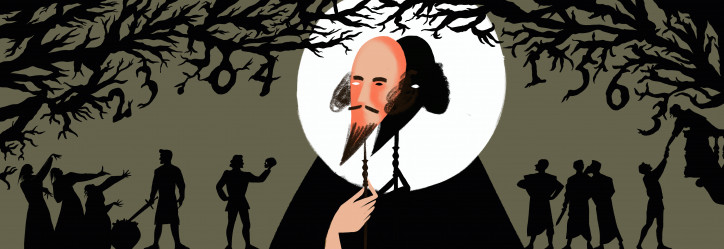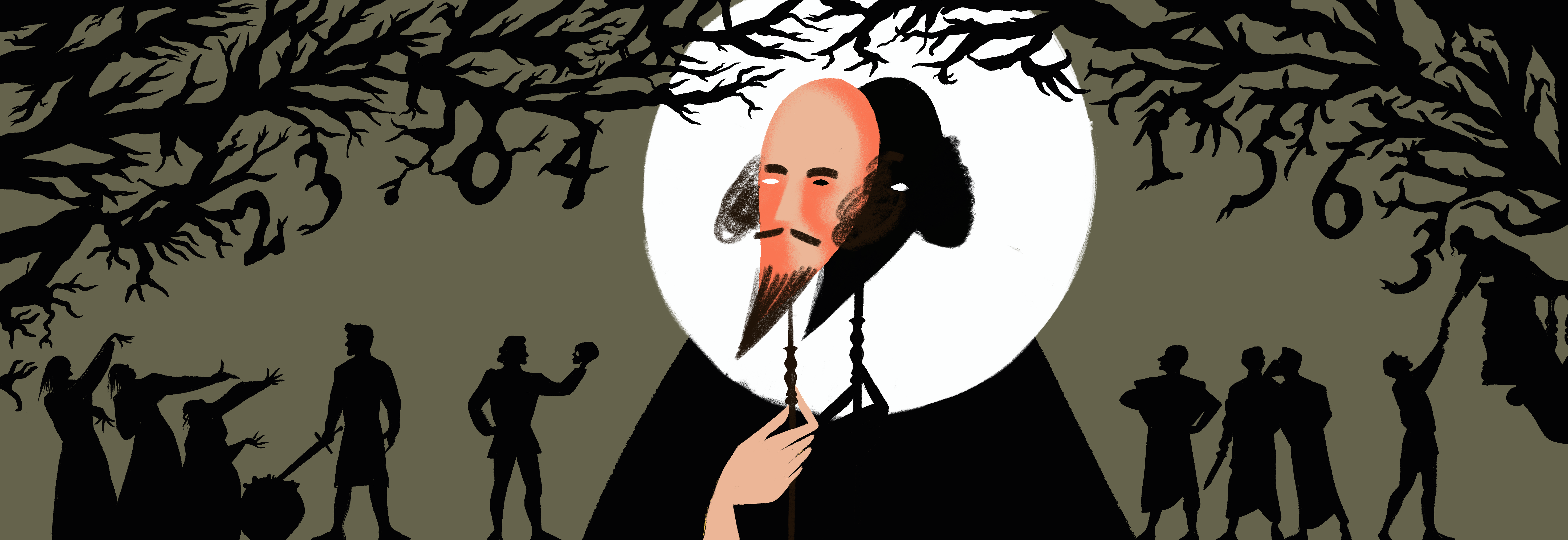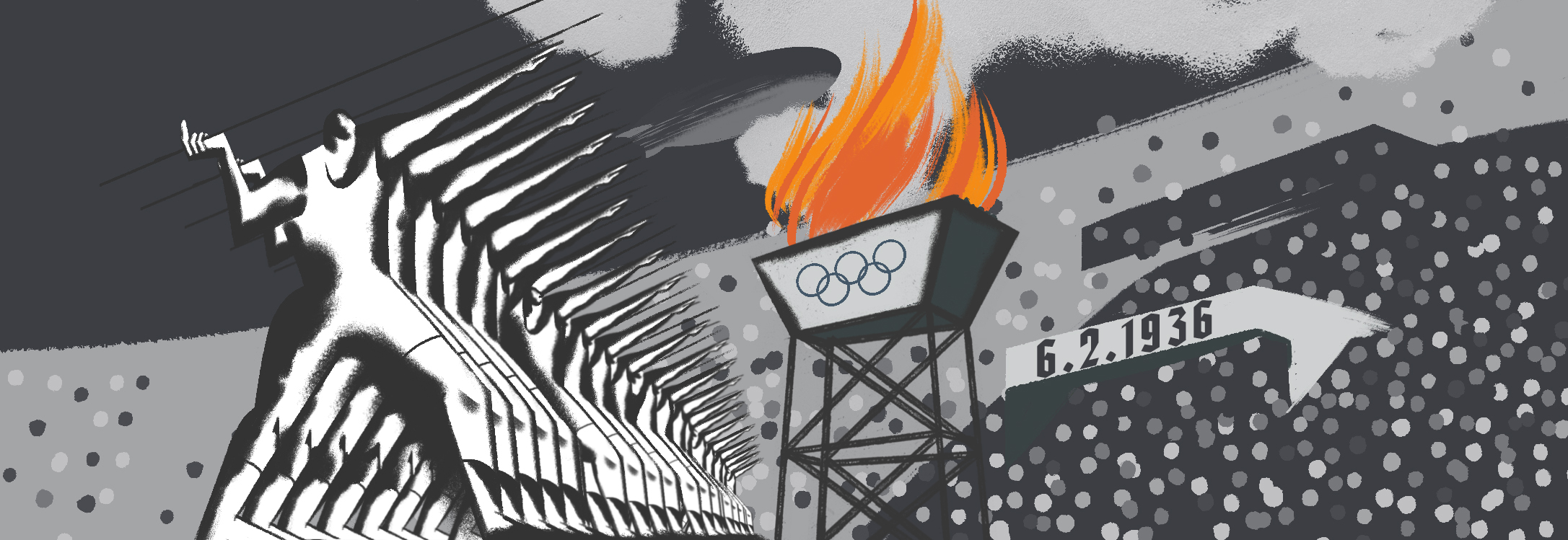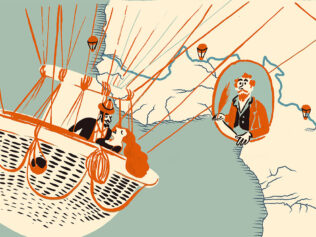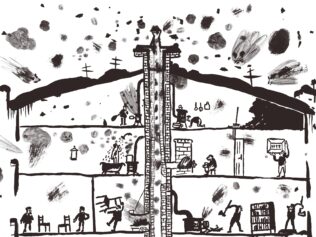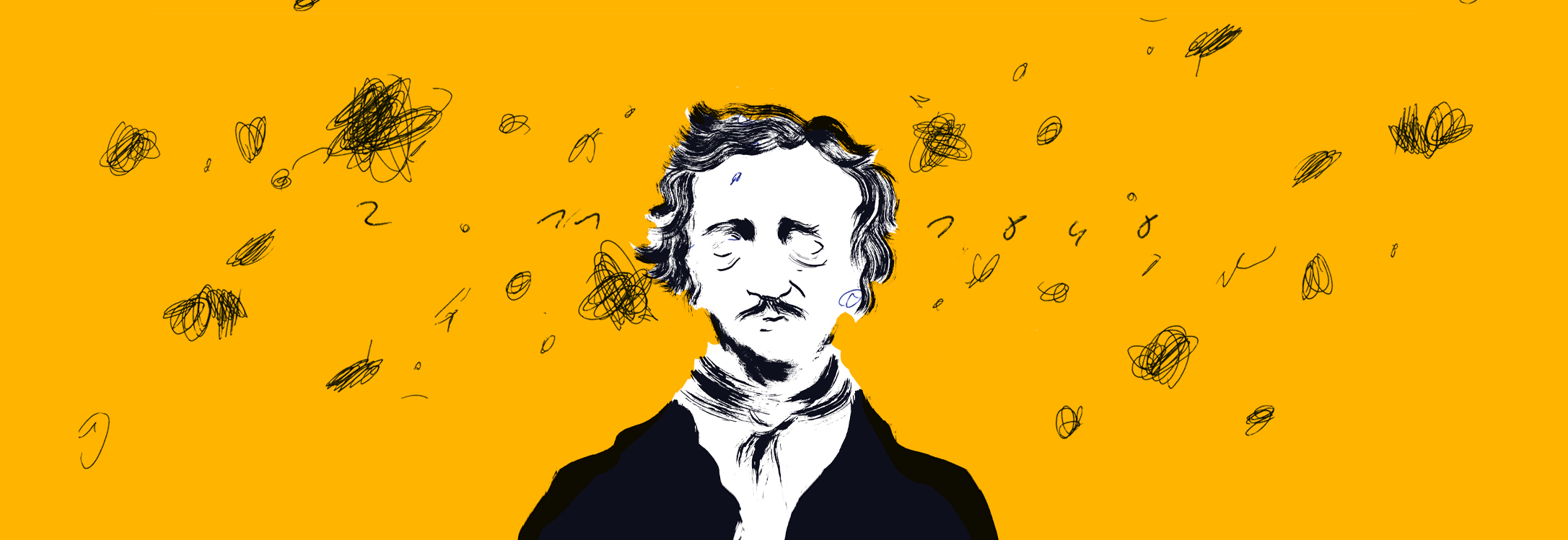
William Shakespeare was born in Stratford-upon-Avon in England. Or, at least, we assume so. His father was John Shakespeare, a farmers’ son who did a lot of odd jobs (including working as a beer tester!) before he advanced socially, thanks to his successful glove-selling business and active participation in local politics. William’s mother, Mary, came from the prominent Arden family.
Doesn’t sound too shabby, does it? And yet Mark Twain mocked the Bard, saying that his parents could not read, write, or even sign their names. This might have also been the case with William’s numerous siblings. Strangely, however, it is said that he was sent for schooling to Oxford-educated teachers who equipped him with a broad education. Why was William the one to be granted such privilege? Nobody knows. Also, one cannot help but wonder if gifted teachers were the only key to the all-round knowledge the Bard was so eager to flaunt in his works. How come this provincial son of a nouveau riche father had such broad vocabulary, was intimately familiar with classical literature, knew his way around court life, and was fluent in legal matters, as well as military science, seafaring and medicine, not to mention mythology, folklore and the customs of various countries other than England. It couldn’t possibly all be exclusively due to the comprehensive education programme, could it?
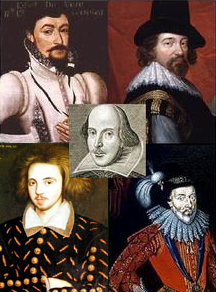
Surely, having become the pillar of the playing company The Lord Chamberlain’s Men – which operated under the king’s patronage – Shakespeare must have earned his chops out there in the world and made some worthwhile acquaintances. And since he was the co-owner of the London-based Globe Theatre, he couldn’t have been a mere nobody. But for such an all-round genius, we know astonishingly little about him. For what we do know, he seemed less of an omnibus and globetrotter, and more of a man who barely rose above the average: a good organizer, a rather caring husband and father, a man of considerable means, whose death, however, was not much of an event. “His voice was to reign supreme in the English-speaking world, and, as far as one knows, he never set foot outside England. The universality of his genius would not be generally recognized in Europe until the Romantic era,” wrote historian Norman Davies.
Therefore, the question remains (and it does not seem unfounded): was the man born on 23rd April 1564 really the author of the nearly 40 plays and 150 sonnets? Perhaps back in his time, people knew the truth to be starkly different, and that was why his death did not make much much of a ripple, like the passing of a true genius would?
Contestants to Fame
In his book Who Wrote Shakespeare?, Shakespearologist John Michell listed at least two dozen potential authors of the plays attributed to Shakespeare. Among them were, to list only the most prominent characters: Francis Bacon (philosopher), Edward de Vere (nobleman and courtier), Walter Raleigh (sailor and favourite of Elizabeth I), Christopher Marlowe (accomplished playwright, author of The Tragical History of the Life and Death of Doctor Faustus) and Robert Burton (erudite, author of The Anatomy of Melancholy). Nay, even Queen Elizabeth I appeared among the contenders to the title! Another name pulled out by some was Anne Whateley, supposed would-be wife of William. But that’s not all. The author could have drawn inspiration from the work and experience of other famous figures, such as Richard Burbage, member of the Lord Chamberlain’s Men group and co-owner of the Globe Theatre; pirate Francis Drake; writers Ben Jonson, Robert Greene, Thomas Kyd, Edmund Spenser. It’s not impossible that Shakespeare was just an umbrella brand for many other writers. Just like in the Alfred Hitchcock Presents anthology series.
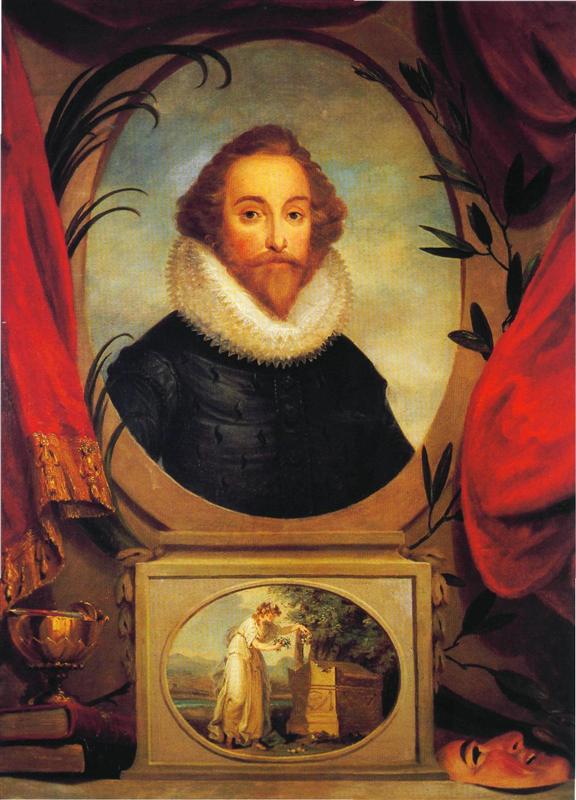
But why would anyone want to conceal their authorship of the plays? There could be several reasons for such a decision. For example, they might have been of the aristocratic breed, which did not allow them to dabble in activities as pedestrian as playwriting. They might also have used some autobiographical material for inspiration and did not want it to come out in daylight. Or perhaps some of the plays really had several authors and were brainstormed into perfection?
Among all the candidates to the title, Edward de Vere, the 17th Earl of Oxford, was the most adamant. Or, to be precise, his descendants and fans were. In 1987 and 1993, two mock trials were held, during which lawyers and copyright experts debated the authorship of Hamlet and other works. De Vere’s fans insisted the play was brimming with references to the Earl’s life. On top of it, Shakespeare could not have possibly been educated or experienced enough to produce verses as profound as those! And yet, the ruling was in favour of the Sweet Swan of Avon.
William of La Mancha
Speculation regarding Shakespeare is not limited to the authorship of his works. Researchers also wonder whether he was a secret Catholic, which would not have earned him much popularity back in his day. And if he had such broad knowledge, how come he made such rudimentary mistakes (for example, locating Bohemia on Sicily in The Winter’s Tale, and coming up with a Norwegian-Polish war in Hamlet)? How come not a single letter written by him survived? Why did such a remarkable erudite not leave behind a book collection? And on his tombstone, wasn’t he initially described as a businessman, rather than a writer? Who and why stole his skull from the grave? How many more copies of the first issue of Shakespeare’s collected works from 1623 will we unearth, and how many millions of dollars will they rack up in the process?
Another intriguing question is whether Shakespeare ever had any contact with another great artist of his time, Miguel de Cervantes. It turns out that the Bard wrote a play titled Cardenio (now, sadly, lost) which, in all likelihood, was inspired by the secondary character of a mad young man from Don Quixote by Cervantes. Some even like to believe that both works were, in fact, penned by the same author!
This conspiracy theory is fuelled by the fact that Shakespeare and Cervantes passed away on the same day: 23rd April 1616. The trouble is, their countries used two different calendars – the English still followed the Julian calendar, while the Spaniards had already switched to the Gregorian. So in reality, the writers died on two completely different dates. But 23rd April is still a day worth remembering. After all, it is also Shakespeare’s birthday – or so we assume, just like we do with so many other things about him.
